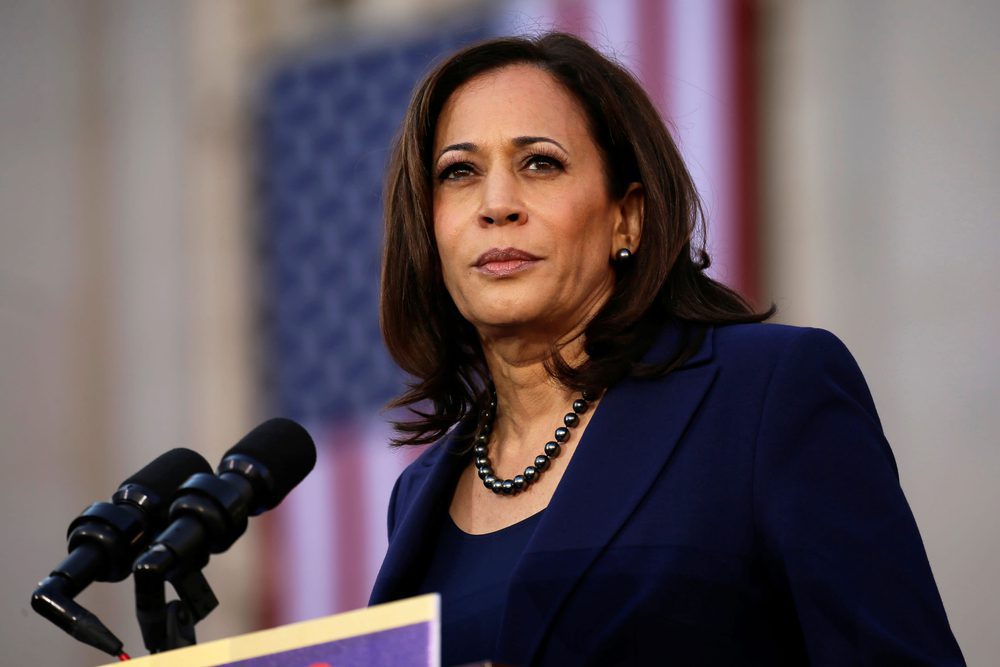
When voters in Michigan approved Proposal One — the state’s medical marijuana law — there was a good deal of controversy and uncertainty regarding the advantages and disadvantages of the act. And, before you celebrate the decriminalization of cannabis, there are some important considerations and restrictions you need to be aware of before rushing out and attempting to get a prescription filled.
Rolling out recently visited medical marijuana providers, growers and patients in Detroit and found that this long-awaited treatment is far from gaining universal approval and national acceptance.
In Detroit, where people are (pardon the pun) all “abuzz” about the legalization of marijuana for treating patients with chronic pain and terminal illness, the prospects are good for those in need of economic relief as well. The medical marijuana industry has proven to be a cash cow for the financially strapped region. Industry experts project that the economic impact of the medical marijuana legalization could offset the state’s 15.2 percent unemployment rate.
“This is a recession-free industry. We are providing a service, a legal and compassionate service,” said Andre Mason, a speaker at Michigan’s Medical Marijuana Expo at the Rock Financial Center in Detroit. Mason is also a spokesperson for the Nile Valley Group, which provides patients and care providers with referrals and product information.
In Michigan, if a person is at least 21 and has not been convicted of a drug-related felony, he or she is eligible to become a caregiver and provide treatment for up to five medical marijuana patients, including himself or herself. Currently, there are no stipulations governing use by minors. They are, however, required to get medical certification from at least two physicians.
Many of Michigan’s medical marijuana providers admit that the law governing the distribution of the drug is vague and expect that it will be fine-tuned as use increases.
“Even dispensaries or compassion collectives, as they’re called here, are still being raided. They raided one last week because someone who got caught selling marijuana said that they got it from there,” adds Ty Ludy of Ludy’s Meds. “But if the person has a card, they didn’t do anything against the law. The police took some money out of the place … and said arrests would come later. We hold protests all the time because patients have a right to medicate and not be treated as criminals.” Ludy is both a patient and provider and is active in the campaign to expand medical marijuana legislation nationwide.
Currently, 15 states have medical marijuana laws.
–roz edward
















